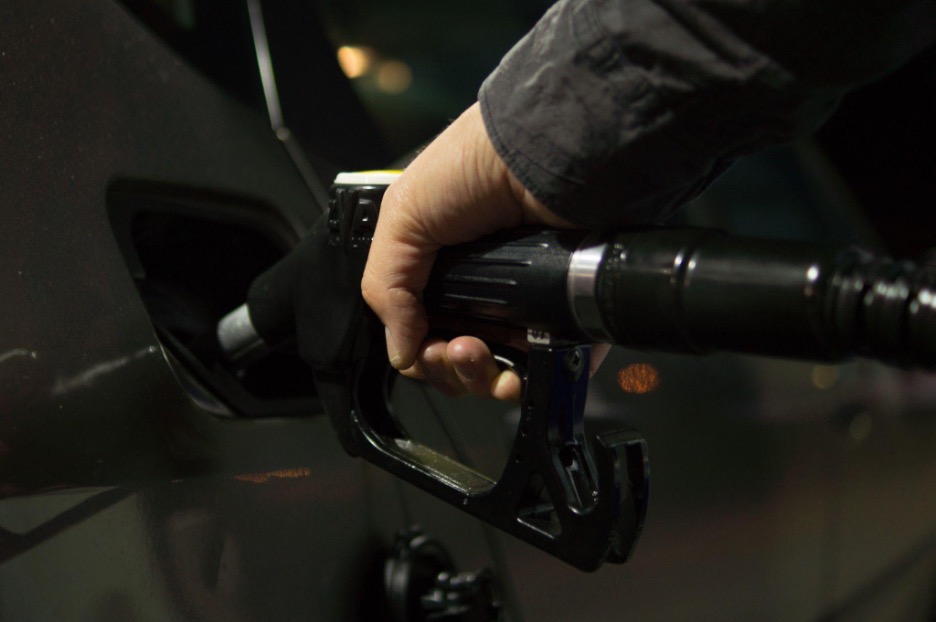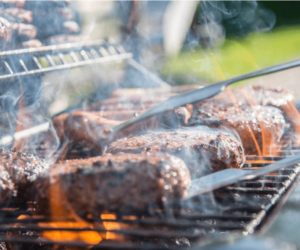
Although it’s difficult to maintain, going fuel-efficient in your daily life isn’t that bad after all. By reducing fuel usage, you’re going to save the environment while saving a big chunk of money for yourself by the end of each year.
But to attain that level of maintenance, you have to follow and implement some ideas. In this article, you’ll find the top eight tips to reduce fuel consumption in efficient ways.
So, let’s start with those amazing and practical tips, which will save you from excessive costs while limiting the carbon emission in the air.
1. Ride a Fuel-Efficient Vehicle
Commuting to the office, school, or any other place daily can cost you a great deal of money only if you’re not careful about your fuel usage. It’s important you shift to a fuel-efficient vehicle to save fuel and money.
For instance, an e-bike can help you in saving electricity while taking you to long distances effortlessly. Typically an electric bike can run about two-thousand MPGe (miles per gallon of electricity), which is estimated twenty times more electricity efficient than electric cars.
However, if your daily destination points are close to your house, you can ride a road bike or hybrid bike for commuting, reducing fuel consumption to zero.
To make your daily life more fuel-efficient, consider utilizing diesel delivery services located here, which can save you time and money by delivering fuel directly to your doorstep. By researching the best fuel delivery service company near you, you can also save yourself from the hassle of going to a gas station and waiting in line for your turn. This is not only time-saving but also reduces your carbon footprint by avoiding unnecessary trips to the gas station.
2. Check the Tire Pressure Monthly
The more effortlessly your car tires can take you to places, the longer their life cycle will be. This also has an impact on fuel consumption.
Usually, if your tires are under-inflated by 56 kilopascals, the fuel consumption (gas, diesel, etc.) will take a hike, nearly up to 4%. As a result, the efficiency of the tires will be reduced by ten thousand kilometers.
So, maintain an appropriate tire pressure for your wheels on the tire information placard. Check it monthly to maintain the utility of the tires while preventing fuel wastage.
3. Maintain a Steady Acceleration
Fuel efficiency is one of the considerable features before buying a car which also relates to its accelerator.
To ensure fuel economy, learn to accelerate your vehicle steadily. Try to avoid high RPM (revolutions per minute) while pressing your accelerator pedal.
This way, the engine requires less fuel, and you can save a good amount of diesel each time you’re about to accelerate.
An ideal practice should be taking at least five seconds to accelerate your car up to twenty kilometers per hour from a halt position. That’s a valuable tip-off!
4. Control Your Vehicle’s Speed
If you’re concerned with fuel economy, you better be sincere about the speed limit. Those speed signs on the road are not only to hold your rushing urges back but to save your fuel too.
If you’re driving a pickup truck, SUV, van, or car, it’s better to be within 50 to 70 kilometers per hour. From this point, the faster you ride, the more fuel you burn in the engine.
Imagine you’re rushing to a nearby place about twenty to thirty kilometers away. Accelerating your vehicle from seventy to hundred kilometers per hour will not only cost you nearly 20% more fuel, but it might save your road time by only two to three minutes.
It’s not worth it unless you’ve got to attend a life-and-death situation somewhere.
5. Get Rid of Extra Weight in Trunk
If you haven’t noticed it before, then check now whether your boot is loaded with extra gears or stuff. It’s because a weighty car trunk can increase fuel consumption while driving.
So, instead of stuffing each and everything in your vehicle’s trunk, store only the things you will require on the road, such as spares, cable ties, toolbox, fire extinguisher, etc.
Remember, excessive load on your trunk will not only waste fuel but can damage the suspension or bottom out the vehicle.
6. Practice Controlled Braking
Braking doesn’t cost you fuel, but when you repetitively brake and then instantly accelerate, your fuel acts up. It’s malpractice many drivers follow when driving on the highways in an attempt to take over the vehicles in front of them.
Unless you’re a cop chasing someone, tailgating must be avoided. Chasing vehicles, even in the safest cars in the world, is considered rash driving with prospects of accidents and injuries.
Moreover, repetitive and hard braking may not only cost you fuel but the brake rotor, pad, and anti-lock braking system as well.
7. Learn Predictive Driving
This should be a very basic thing to follow but trust us, predicting driving is a safer and very accurate way to maintain your vehicle’s fitness level while saving the diesel or petrol from gushing into the engine.
Watch the road ahead carefully while driving and calculate your next turn, stop, or move. This will keep you on guard and prevent aggressive braking. Besides, you’ll be able to abide by the red signals and maintain a decent queue in heavy traffic.
Moreover, as we’ve said before, when the red light turns green, don’t accelerate hard and make your car jolt forward from the standing position since it takes a heavy toll on fuel consumption if you do it throughout the day.
8. Keep Your Windows Up and AC On
Ergonomically, if you drive with your windows down at seventy kilometers per hour or more, your vehicle is more likely to be pushing hard through the gusty wind. This inevitable resistance will cause your car to use more fuel.
So, the trick is to simply turn your AC on while the windows are up. This will give your wheels a perfect balance to dash through the air at the cost of appropriate fuel consumption.
Conclusion
With the global market going high on petrol, gas, diesel, and electricity, it’s imperative that you realize how to optimize your fuel consumption in your daily life.
You can’t stop using fuel, no matter if it’s required to run your vehicles or home appliances. However, you’ve got to adapt to the ever-changing situation to maintain your fuel efficiency.
If you want to go fuel-efficient in your daily life while saving yourself a good amount of cash every year, follow the tips we’ve shared in this article and share with others what you’ve learned.



